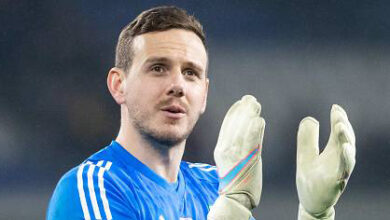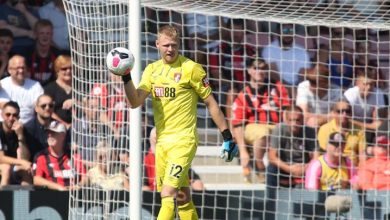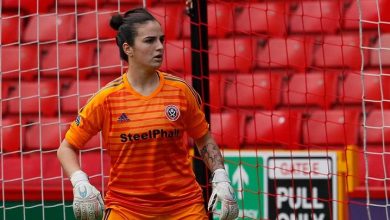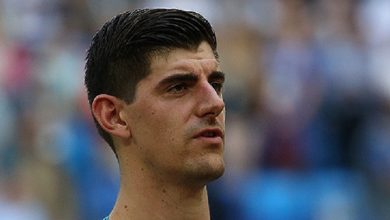Liverpool keeper Lawrence Vigouroux sent packing by Swindon over £50 fine which he paid in pennies!
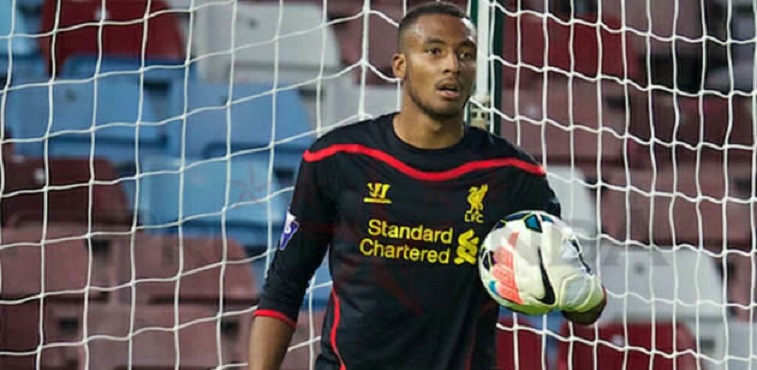
Liverpool goalkeeper Lawrence Vigouroux has had his loan spell at League One Swindon cut short after angering manager Mark Cooper.
Having joined in the summer from Tottenham, the 21 year old had been sent out by Brendan Rodgers on a season long loan to gain some first team experience and had been performing well for the League One side before falling out with Swindon over a £50 fine.
Vigouroux was given a £150 fine for turning up late to training – which was later reduced to £50 after senior players at the club had tried their best to help cool down the situation for the young Chilean.
Unfortunately however Vigouroux put the final nail in his Swindon adventure when he turned up to pay his £50 fine with bank bags full of pennies.
Manager Mark Cooper stated that: ‘It’s an internal disciplinary matter. It’s come from me and the rest of the players.’ Asked if it would cause further issues, he added: ‘It won’t, it’s been dealt with.’


